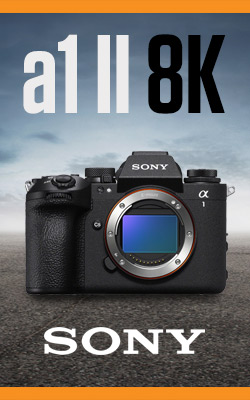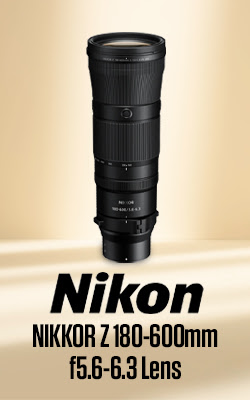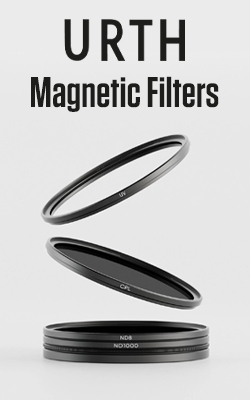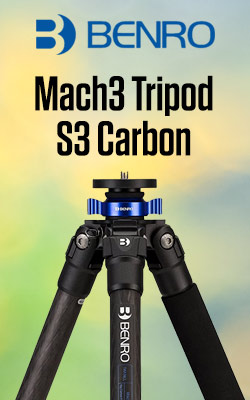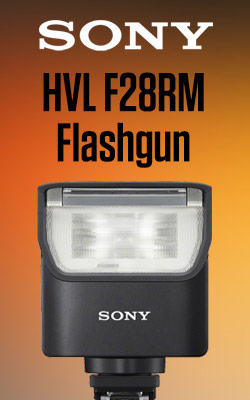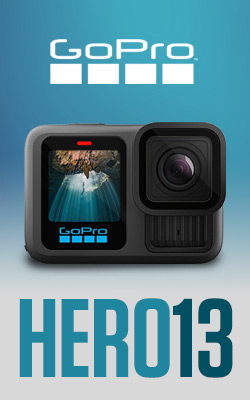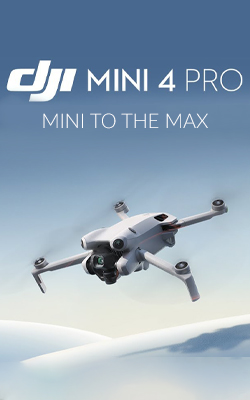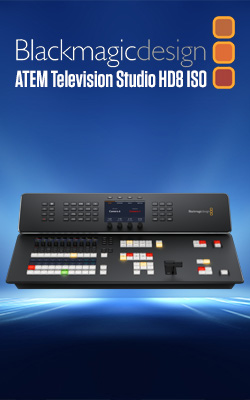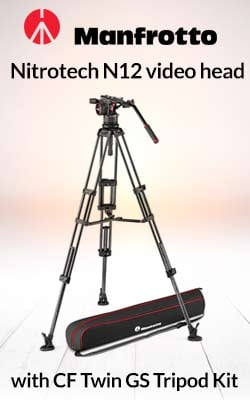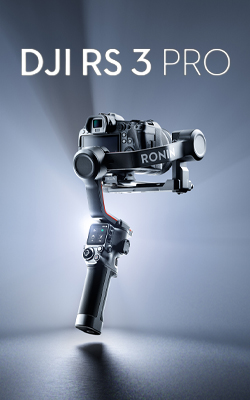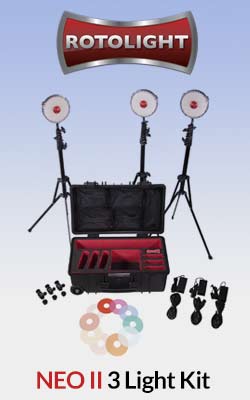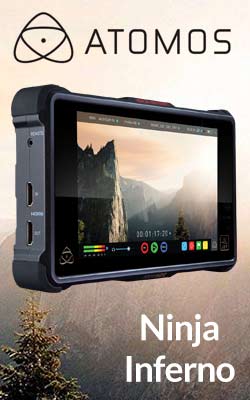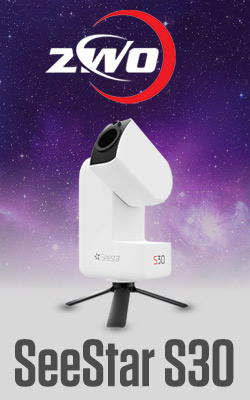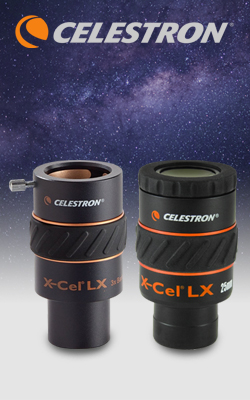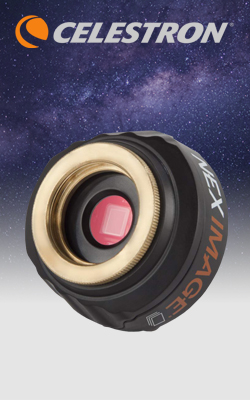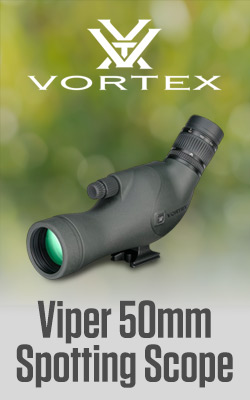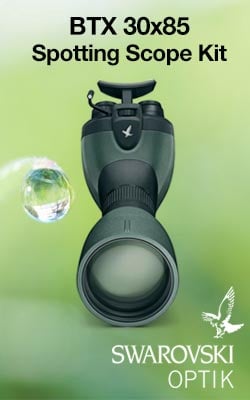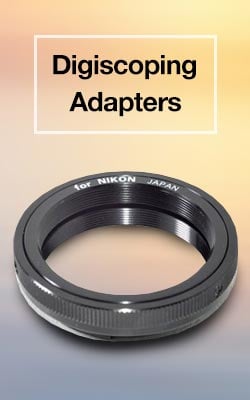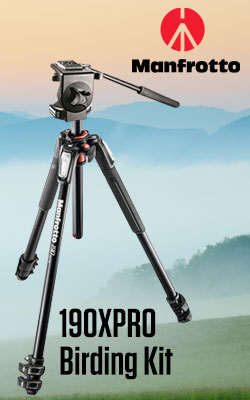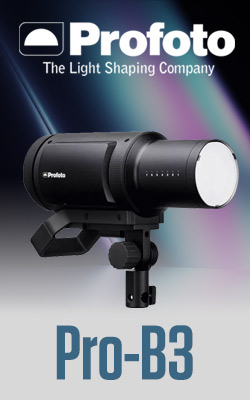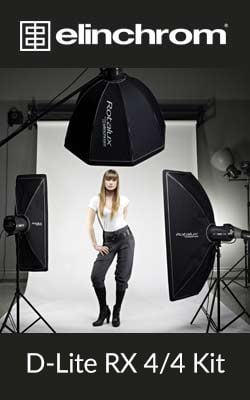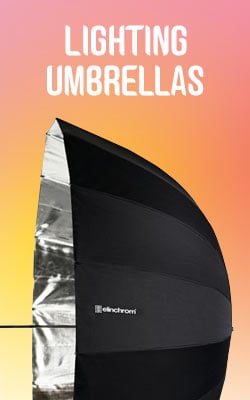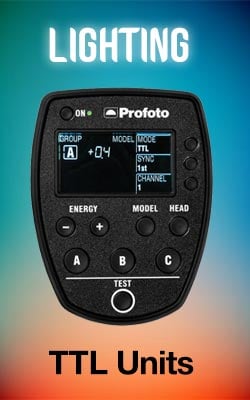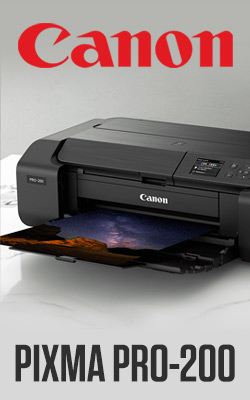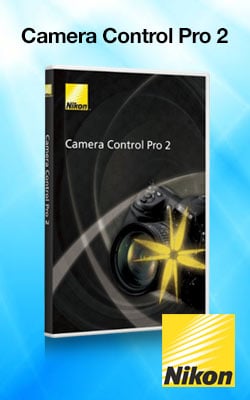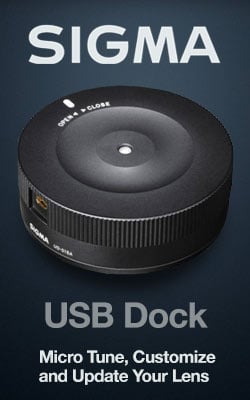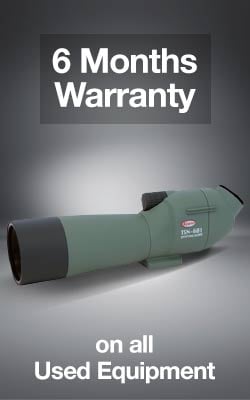Hasselblad 907X 100C vs 50C
What’s the difference between the Hasselblad 907X 50C and 100C modules?
- 100 megapixels vs. 50 megapixels
- Dynamic Range (15 vs. 14 stops)
- 1TB internal storage + CFexpresss vs. 2x UHS-II SD slots
- Phase Detection added
- Hot Shoe Adapter added
- HEIF file format added
- Face detection with focus indicator added
To their credit, Hasselblad executed the 907X system exquisitely with the introduction of the CFV 50C. However, there are a few significant differences in the Hasselblad 100C that elevate its status to being a sublime fine-art photography camera.
Key differences between 907X 100c and 50C
907X 100C |
907X 50C |
|
|
Megapixels |
100MP CMOS Sensor |
50MP CMOS Sensor |
|
Dynamic Range |
15 stops |
14 stops |
|
Colour Solution |
Hasselblad Natural Colour Solution |
Hasselblad Natural Colour Solution |
|
ISO |
ISO64 - ISO25600 |
ISO64 - ISO25600 |
|
Colour Depth |
16-bit colour depth |
16-bit colour depth |
|
Built-in Storage |
1TB |
– |
|
Card Slot |
1x CFexpress Type B |
2x UHS-II SD |
|
Phase Detection |
Yes |
– |
|
Hot Shoe Adapter |
Yes |
– |
|
File Formats |
HEIF, RAW, JPEG |
RAW, JPEG |
Let’s break down the most significant differences in this Trifecta of Imaging Possibilities.
100MP Sensor
As the name would suggest, the CFV 100C features a 100MP CMOS sensor which effectively doubles the amount of data compared to the 50C. This encapsulates this medium format camera’s purpose: to produce the most rich imagery within a rich creative process.
15-Stop Dynamic Range
Being able to work with a wider range of shadows and highlights can elevate your photography from great to sublime. Adding this additional stop of dynamic range from 14 stops in the 50C to 15 stops adds another way in which the detail of this 100MP camera can be used to its full limits.
1TB of Internal Storage
As also seen in the X2D 100C, the 907x 100C component has a 1 Terabyte Internal SSD. This is one of the more significant changes between the 50C and the 100C and it makes a lot of sense. These image files are going to be substantial, and in order to have a system that can cope with this, building in an SSD with good write and transfer speeds will make the whole workflow that much more efficient.
Phase Detection
The addition of Phase Detection Autofocus (PDAF) means that the 100C will capture images with a higher clarity than before. In fact, this camera has 294 PDAF zones that work three times faster and cover 94% of the focus range, eliminating focus hunting almost entirely, especially when paired with a Hasselblad XCD lens and an STM focus motor.
Hot Shoe Adapter
The 100C has a new addition which may seem arbitrary to some, but essential to others: a Hot Shoe Adapter. It is important to note that Hasselblad stipulates that any accessories, such as the Release Cord X or a TTL Flash must have a Nikon-compatible hot shoe.
HEIF File Format
Shoot more efficiently with HEIF image formatting in the Hasselblad 907X 100C. This image file format has an improved compression compared to JPEGs, making them better suited to processing large image files.
Face Detection
100MP images and portraiture are finally marrying within the Hasselblad camera system thanks to the introduction of Face Detection. This makes this camera more and more suited to a wide range of photography, including high fashion. See what the camera can do in our Hasselblad 907X 100C Sample Image Gallery >
Is the Hasselblad 907X 100C worth it?
That ultimately is up to you, but when you tot up all the new features of this modular camera the odds certainly stack in its favour. There are some pretty significant upgrades to this 907X system that could easily make it a camera to last you a lifetime.
Where can I buy the Hasselblad 907X 100C Medium Format Camera?
You can purchase the 907x 100C from us, Clifton Cameras, click the link below to find the camera of your dreams!


